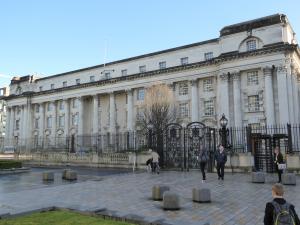
A High Court judge has reserved his ruling on whether two police officers involved in the inquest of Pearse Jordan should be reported to prosecutors.
Lawyers for the IRA man's family have called for the officers, known only as M and Q, to be investigated for allegedly perverting the course of justice and perjury.
Judge Mark Horner told a hearing at Belfast's Royal Courts of Justice: "I will reserve and will provide my final ruling in this case."
Twenty-two-year-old Mr Jordan was shot dead by a Royal Ulster Constabulary Officer (RUC) in west Belfast in 1992.
He had been driving a stolen car suspected of ferrying IRA munitions when the fatal incident unfolded. He failed to stop when ordered by police and sped away from a patrol car.
The Ford Orion was finally brought to a halt on the Falls Road when police rammed the vehicle. Mr Jordan was shot after getting out of the car when he tried to run away.
Earlier this month, Justice Horner delivered findings in what was the third inquest into the highly contentious death.
The coroner said he was not convinced either by family claims Mr Jordan was gunned down in cold blood or by police insistence the RUC sergeant acted in self-defence.
Testimony from Officers M and Q, who were not directly involved in the shooting, was also criticised as inconsistent, contradictory and unconvincing.
The coroner said the officers had been "untruthful" and that one or both may have edited log books.
During Monday's hearing, Karen Quinlivan QC representing the next of kin, argued that the judge should now report the officers to the Director of Public Prosecutions (DPP) because of the seriousness of the alleged offences.
While the barrister accepted that anyone present at the inquest could report the matter, she said: "I think it is acceptable that it should be reported through official channels."
Reporting less serious or "summary" offences to the DPP would be "futile" because of the lack of evidence, the court was told.
Meanwhile, a lawyer for the Police Service of Northern Ireland said that there was duty on the judge to make the report.
Tony McGleenan QC said: "The mandatory obligation is not in play in this context."
The investigation into the controversial shooting has been beset by controversy and delay.
In 2014, the Jordan family were awarded compensation for the lengthy hold-ups in concluding an inquest.
An original inquest was adjourned in 1995 after being only part heard. Another probe was held in 2012, but the jury failed to reach consensus on a number of crucial issues - including whether the RUC used reasonable force.
Those findings were later quashed after the High Court identified a number of failings in how the probe was run.
In his findings, Justice Horner said it was impossible to determine with certainty what happened.
The family lawyers also want anonymity orders protecting the identity of the police officers to be lifted.
Afterwards, the Jordan family solicitor Fearghal Shiels said: "If the coroner's conclusions are correct then there is evidence that Officers M and Q both perjured themselves in the evidence which they gave to this inquest and perverted the course of justice in destroying evidence relevant to a murder investigation.
"It appears to us that the legal test has been met and it is appropriate for the coroner to send to the DPP a written report of the circumstances of this case."


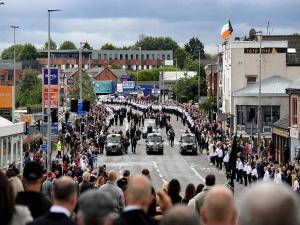 Investigation into ‘missing’ notes from key Executive meeting
Investigation into ‘missing’ notes from key Executive meeting
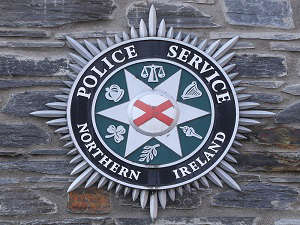 Teenage girl killed in road crash named as Kamile Vaicikonyte
Teenage girl killed in road crash named as Kamile Vaicikonyte
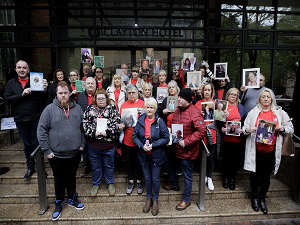 Covid-19 inquiry ‘an opportunity for candour’ from Stormont leaders
Covid-19 inquiry ‘an opportunity for candour’ from Stormont leaders
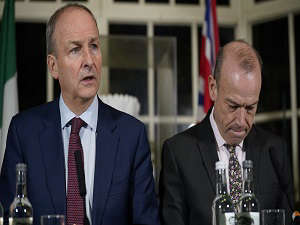 UK and Irish ministers to meet amid row over migration
UK and Irish ministers to meet amid row over migration
 Three men set to go on trial for murder of journalist Lyra McKee
Three men set to go on trial for murder of journalist Lyra McKee